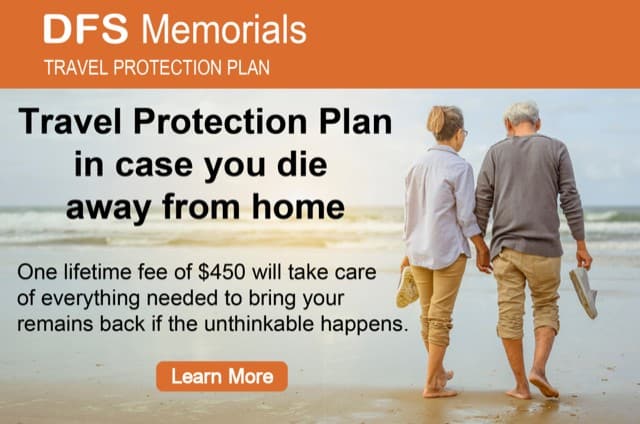This guide aims to answer some key questions about making funeral or cremation arrangements in Utah. We provide an overview of some legal aspects of making funeral plans specific to Utah funeral laws and what funeral or cremation costs to expect.

Choosing a funeral home in Utah
One of the first things a family generally needs to do, especially if a death has just occurred, is choosing a funeral director to handle the funeral services. However, you must understand that in Utah, you do NOT have to legally employ a funeral director. You can, if you so choose, conduct your own home funeral.
There are in the region of 150 funeral homes and mortuaries in Utah, so you need to consider what criteria can help you select the right funeral home for your needs.
Do you require a traditional funeral or burial service? Are you considering cremation? Or is the cost an important aspect of how you can plan a funeral?
Many people seek recommendations or referrals from family or friends, and this is a very good way to get information. However, if you are not in a position to benefit from a sound referral, or you are seeking something specific, you may have to resort to contacting funeral homes yourself.
Usually, people look for a reputable funeral business in their own area. Still, it is always advisable to check with more than one funeral home and compare services and prices for a funeral or cremation.
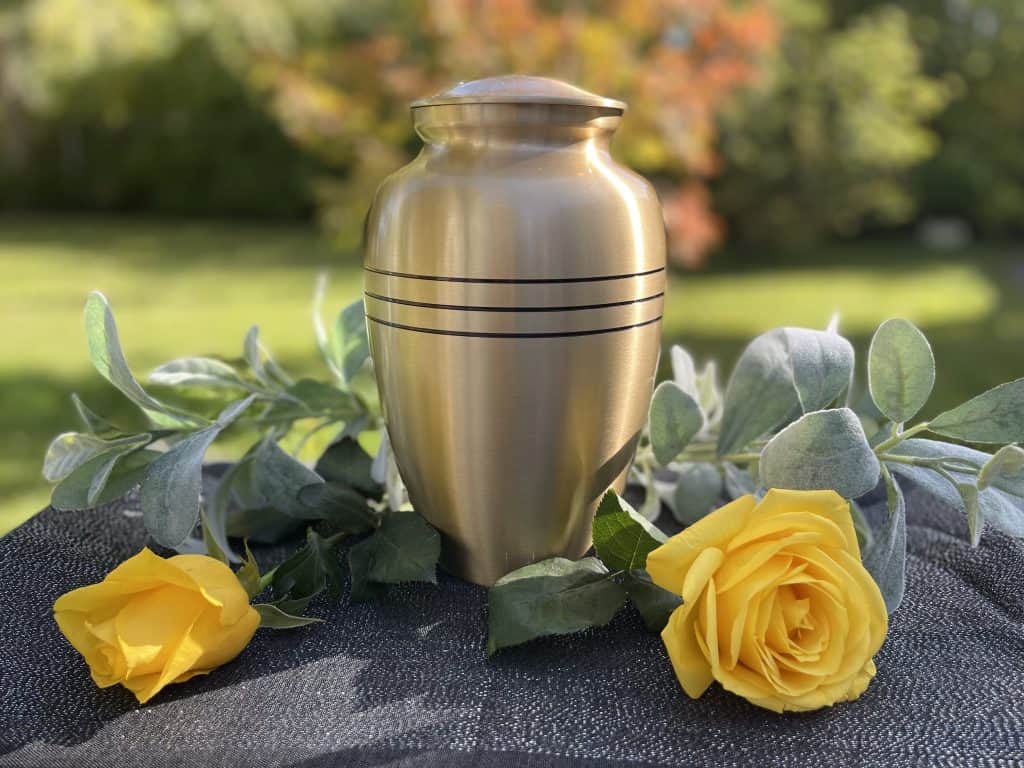
What does an average funeral cost in Utah?
The average funeral cost is $7,848 (National Association of Funeral Directors 2022), and this does not include any cemetery fees. However, the cost of a traditional funeral in Utah can range between $2,500 and $6,755, according to the Funeral Consumers Alliance of Utah (excluding casket and cemetery plot).
The cost for a traditional burial largely depends on the type of casket you select and the final cost of your cemetery plot and a grave marker.
A casket can cost between $300 and $3,000, and a cemetery plot between $850 and $3,000. All funeral homes must have a general price list (GPL) that outlines their service charges and funeral merchandise prices.
They must provide a copy of their GPL when they quote you a price according to the Federal Trade Commission’s ‘The Funeral Rule.’
It is recommended that you DO compare like-for-like and shop around and compare funeral prices between more than one funeral home. That way, you can be sure you have a “best value” funeral service.
How much does a cremation cost in Utah?

A typical cremation funeral service will cost in the region of $3,200 (depending upon the ancillary services/products you select). This is the type of cremation service that replaces a full traditional funeral. It is possible to arrange a cremation for considerably less than this.
Arranging a direct cremation in Utah
A direct cremation can be arranged in Utah for $695. This is the least expensive cremation option for families. Direct cremation means that there are no services. The cremation goes ahead once all the documentation has been completed.
The cremated remains are returned to the family in a temporary container. Incremental options, such as a private family viewing or an upgraded cremation urn, can be added to a basic direct cremation package for an additional fee.
If you are concerned about funeral costs, the DFS Memorials providers in Utah offer low-cost cremation services and affordable burial services. All DFS Memorials providers guarantee to offer a ‘best value’ direct cremation package.
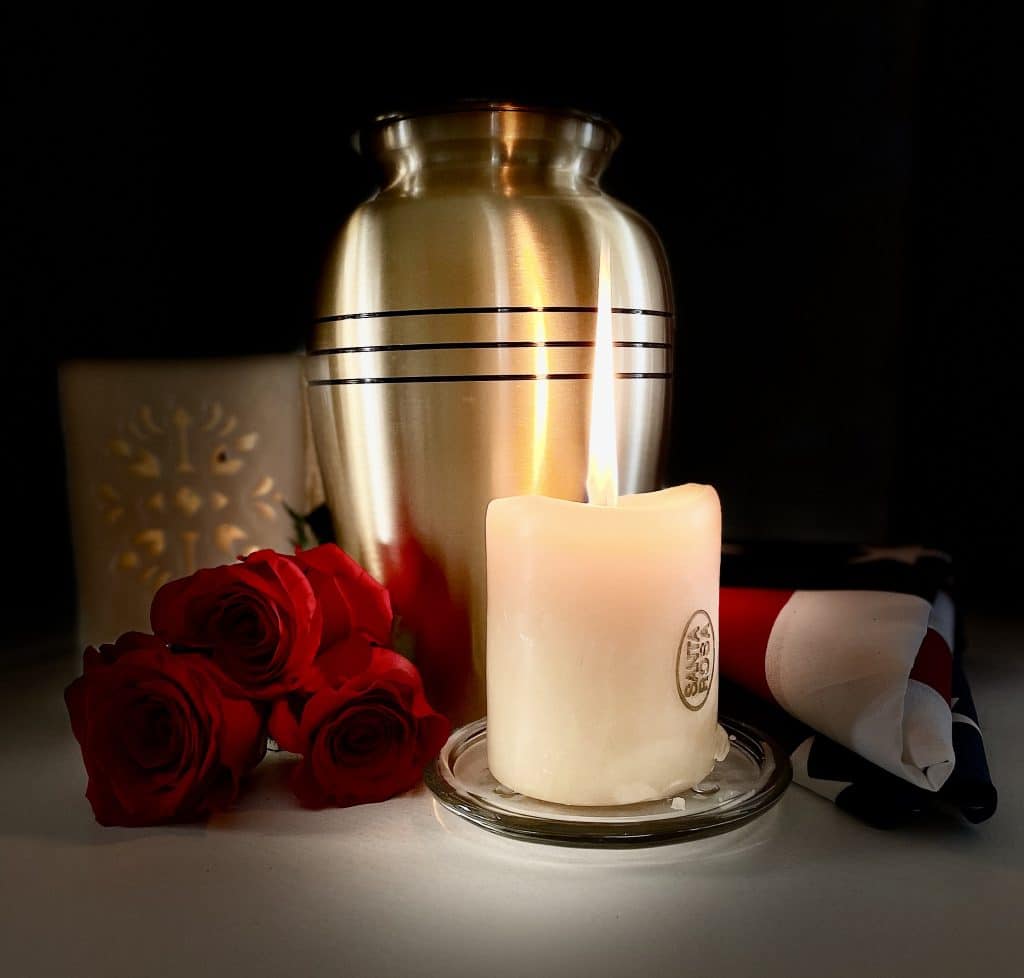
How do I decide between burial or cremation in Utah?
The decision of choosing a burial or cremation is very much a personal choice. The deceased may have expressed a preference, or the surviving family may have to make a decision.
Faith and/or funds for the funeral service can play a significant role in whether a burial or cremation is chosen. Having a pre-existing cemetery plot can be an important aspect, as burial plots can be quite expensive to purchase these days.
L.D.S Views on cremation
The Church of Jesus Christ of Latter-day Saints is more understanding of cremation than many people realize. Within the LDS Church, there is an acceptance of cremation. It does not generally encourage cremation, nor does it view it as a sin.
Cremation is certainly on the increase in the United States and is becoming a popular funeral alternative for many now. Green burials are also another option that can be considered.
If you are unsure whether to choose burial or cremation, talk to family and friends and discuss the decision with your funeral director and/or minister.
What you need to know about cremation laws in Utah
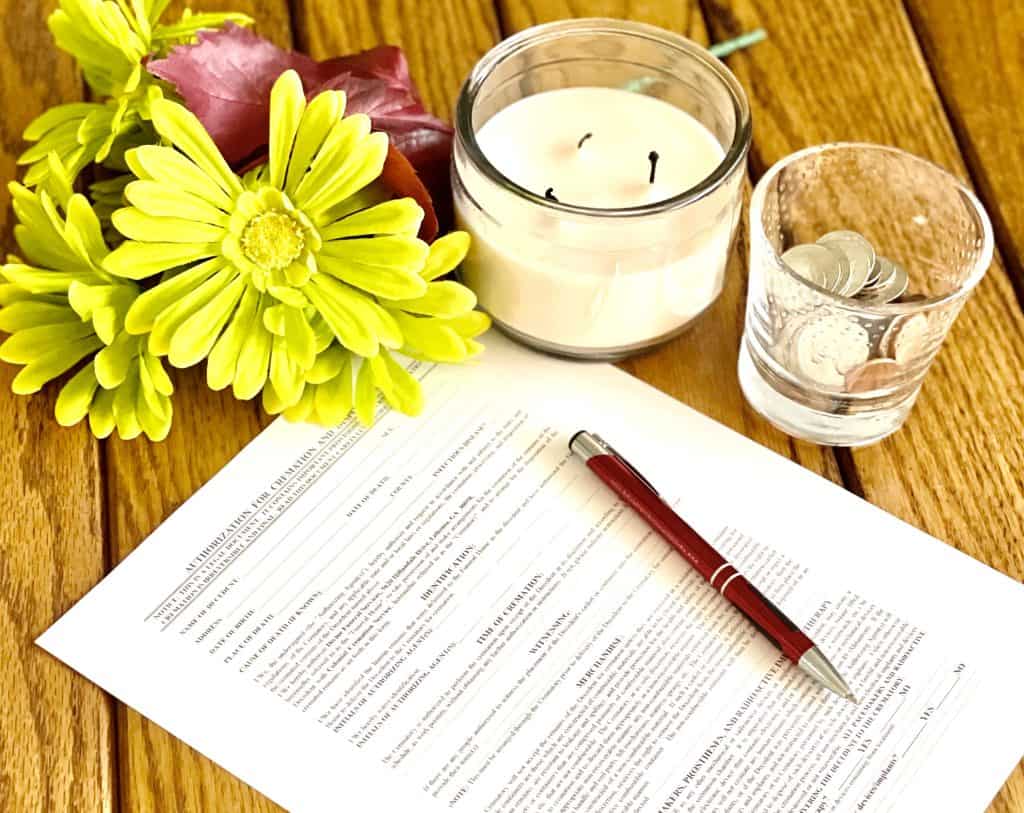
Cremation is a very final disposition of the body. Before cremation can be performed, the legal next of kin must sign a ‘Cremation Authorization Form,’ and a cremation permit is obtained from the Medical Examiner.
Although many states have a 24-hour mandatory waiting period after death before a cremation can be conducted, there is no requirement for this in Utah.
The body can be cremated in a “suitable, rigid, combustible container,” and a reinforced cardboard box is most commonly used as a cremation container.
NO requirement or law states you must use a casket.
Visit our Ultimate Guide to Cremation to learn all you need to know about cremation services, laws governing cremation disposition, and the cremation process.
Does the deceased have to be embalmed?
There is no Utah state law stipulating that embalming is required. However, some funeral homes may adopt policies that insist upon embalming if a public viewing or service is being held. If you proceed with a timely funeral, there is no need for embalming (and it can just be another fee to add to your funeral costs)!
What can I do with the cremated remains and ash scattering laws in Utah?
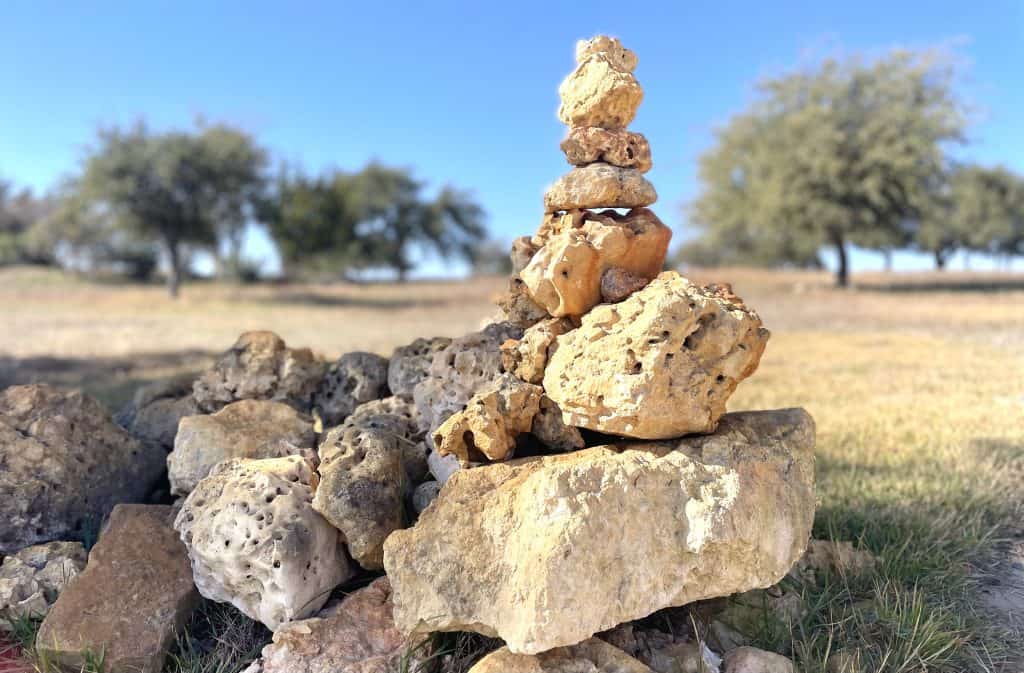
We get asked this question more often today as more families consider cremation and the greater flexibility in memorialization that it offers. You can inter cremated remains into an existing cemetery plot or a cremation niche or scatter them in a designated memorial garden.
Alternatively, you can choose to keep the cremation urn at home or scatter the cremated remains in a place of your choosing. You do need the permission of the landowner to scatter on private land, and you should check the zoning ordinance for dispersing cremated remains over any public land.
Cremated remains are sterile organic matter, so pose no threat to the environment.
Ensure you practice safe scattering tactics as outlined in our Ash Scattering guide.
Purchasing a casket or grave marker in Utah
We have comprehensive guides to buying a casket or grave marker, so I recommend you visit these sections for more detailed information.
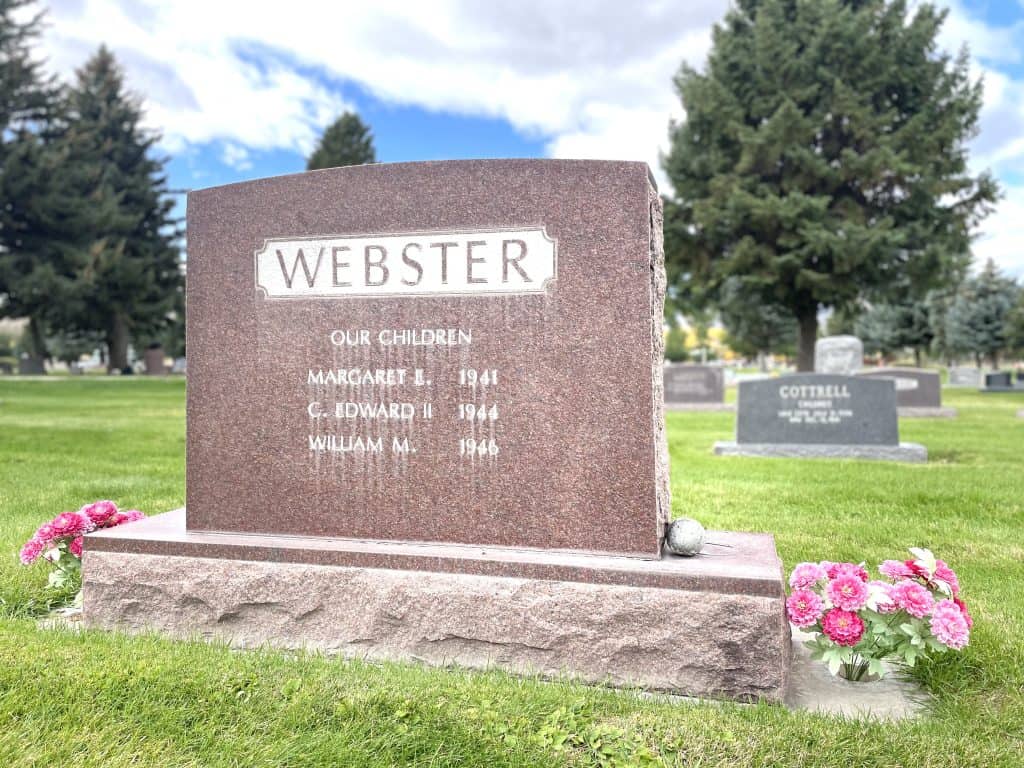
Can I pre-plan a funeral or cremation in Utah?
Pre-planning is a great way to save the family the difficulties of making decisions, and a prepaid plan can alleviate the surviving family’s financial burden of funeral costs – especially when many families today are struggling to pay bills!
You can make pre-need funeral arrangements directly with a funeral home or purchase burial insurance.
What you DO need to consider is that the cost of a funeral in Utah is coming down. As cremation becomes more popular, at 40 – 60% less than the cost of a traditional burial, and the market for affordable cremation services grows, the cost of cremation services is coming down.
At US Funerals Online, we advocate for preplanning your needs whilst putting aside funds safely in a POD account or Totten Trust. This keeps your money safe and you in control.
Read more in our article ‘What is my best and safest option for putting aside money for a funeral.’
How do I get a copy of the death certificate?
In Utah, a death certificate must be filed within five days of the death with the local registrar (Stature § 26-2-13). The funeral director will generally complete this task and order additional copies for you if you require them [multiple copies of the death certificate are generally recommended to close down the deceased’s estate].
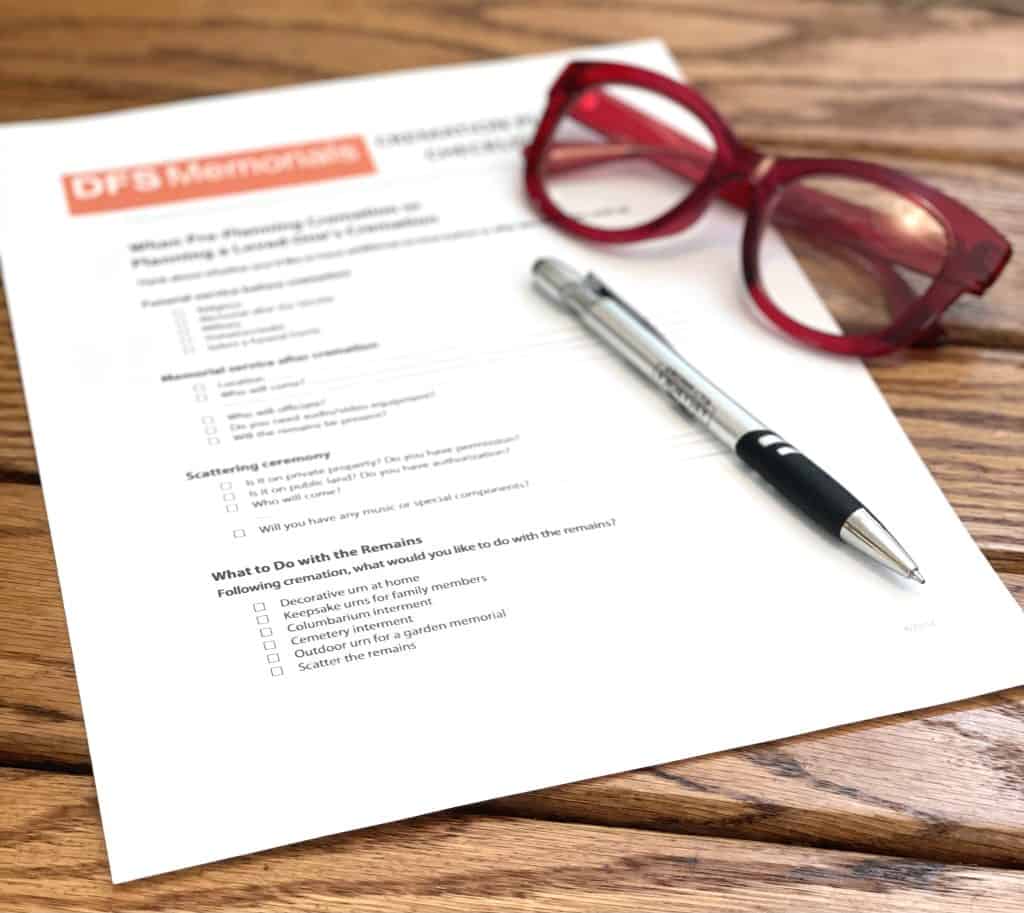
If you need to acquire certified copies of the death certificate at a later date, you can do so by contacting the Utah Department of Health. The charges are $16.00 for the 1st copy and $8.00 for any additional copies.
You can request copies online, by phone, by mail, or by visiting the Office of Vital Records at 288 North 1460 West, Salt Lake City, Utah 84114. Phone: (801) 538-6105. The office is open from 8:00 am until 5:00 pm, and you will need ID to order copies of a death certificate.
Further information on obtaining a death certificate in Utah is available here.
Can I donate my body to science in Utah?
Yes, donating your body to science can be a great way to ‘give back’ to society on your death. It can also eliminate funeral expenses for the surviving family. Most of the national organizations that deal with full-body donation handle everything from the moment you notify them of the death, including collecting the body, the donation, the free cremation, and the return of the cremated remains to the family a few weeks later.
Check out our Body Donation section.
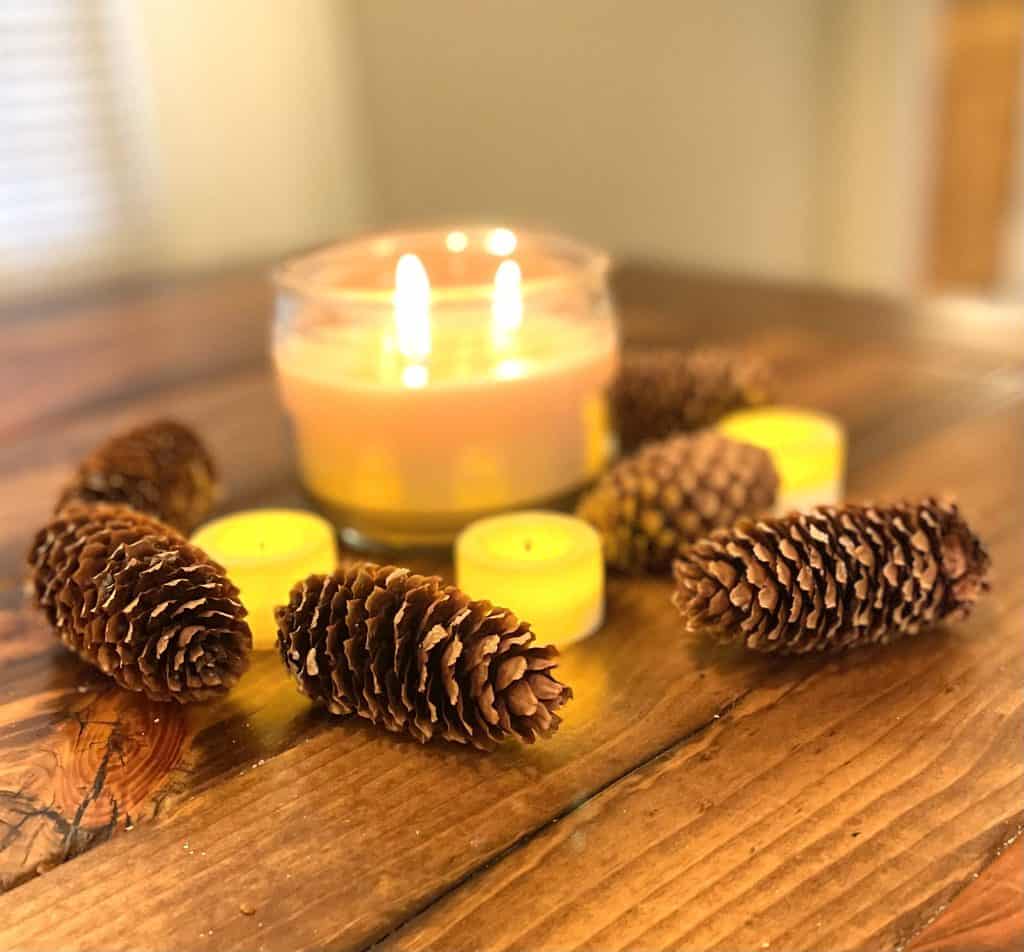
How can I transport a loved one to or from Utah after death?
If a loved one needs to be transported back to a state or country of origin following their death in Utah, you will need the services of a funeral director who can arrange funeral shipping for you.
This generally needs a funeral professional to coordinate arrangements at the place of death and wherever the body is being shipped to.
If transporting a loved one between states in the U.S., you have the option of flying the body or transporting the body by land. Certain regulations do apply to move a body, and embalming will likely be required, as well as specific containers to hold the casket.
Shipping a body can be quite expensive, so the other alternative is to have the body cremated at the place of death and then transport back the cremated remains.
Visit our section on Funeral Shipping to read more.
If you do regularly travel for work, pleasure, sport, visiting family, or snow-birding, you may wish to consider our great value Travel Protection Plan. This plan costs just $450 for an individual for lifetime protection against the costly expense of returning a body home if a death occurs 75 miles (or further) from your residence. It also provides global coverage. Domestic funeral shipping can cost from $3,000, and International repatriation can start at around $6,900.
Visit our article on Travel Protection: Your Guide to Affordable Funeral Shipping, or click the link above to enroll today.
Domestic funeral shipping costs $3,000, and International repatriation can start at around $6,900.
Who should I contact if I have a complaint about a funeral home in Utah?
All funeral establishments are licensed, and if you have concerns or a complaint about a licensed funeral home, you can contact the Utah Division of Occupational and Professional Licensing at 160 East 300 South, Salt Lake City, Utah 84111. Phone: (801) 530-6628
Funeral Consumer Assistance
A number of organizations help advocate for assisting and protecting consumers during the difficult process of purchasing funeral products and services. The Funeral Consumers Alliance of Utah provides a wealth of funeral consumer information on its website.
I hope this guide has helped to answer some of your immediate questions. Please check out our Funeral Resources section for more resources to help you through the process of arranging a funeral.
Feel free to contact us if we can be of any assistance with any further questions you may have.
Resources:
